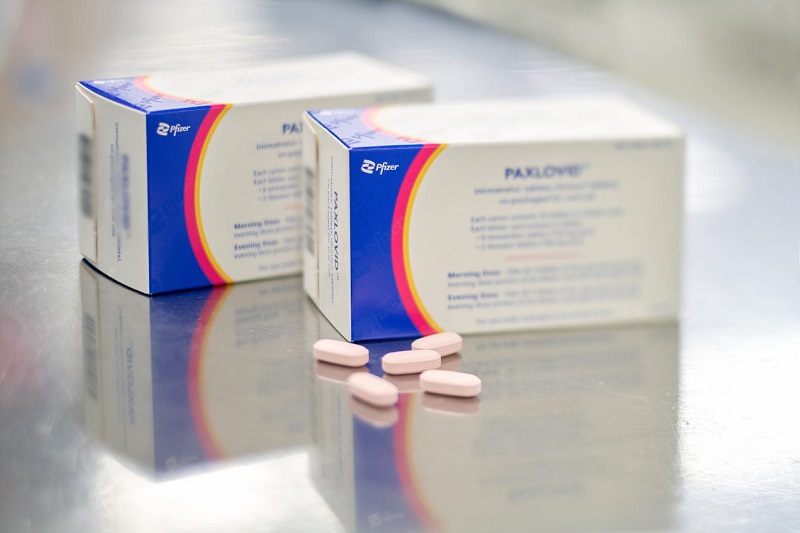News
FDA Philippines Gives EUA for Pfizer’s COVID-19 Oral Treatment in Ph


Pfizer announced today that the FDA Philippines has granted the Emergency Use Authorization (EUA) for the supply and use of Nirmatrelvir 150 mg / Ritonavir 100 mg (PAXLOVID) Film-Coated Tablets in the Philippines. PAXLOVID is indicated for the treatment of COVID-19 in adults who do not require supplemental oxygen and who are at increased risk for progression to severe COVID-19
PAXLOVID is the first oral treatment of its kind. It includes nirmatrelvir, a 3CL protease (also known as Main protease or Mpro) inhibitor that was specifically developed in Pfizer’s laboratories to combat SARS-CoV-2. This oral treatment should be taken within the first five days of symptomatic infection.
“This milestone in the Philippines is an important moment in our continued fight against COVID-19, paving the way for use of PAXLOVID as we address the threat of a new variant of concern, Omicron. We are honored to have been working with the FDA Philippines and want to commend them for their fast-track assessment of PAXLOVID to grant the Emergency Use Authorization” said Edilberto Reyes, Pfizer Philippines Interim Country Manager. “Whilst vaccination remains to be an effective way to help prevent COVID-19, this oral treatment provides us with another important line of defense – to reduce hospitalizations and help save lives. PAXLOVID has the potential to transform COVID-19 treatment and help lessen the devastating impact of the virus globally.”
FDA Philippines based its decision on positive results from the Phase 2/3 EPIC-HR (Evaluation of Protease Inhibition for COVID-19 in High-Risk Patients) interim analysis, which enrolled non-hospitalized adults with confirmed COVID-19 who were at increased risk of progressing to severe illness.
The data showed that PAXLOVID reduced the risk of hospitalization or death by 89% (within three days of symptom onset) and 88% (within five days of symptom onset) compared to placebo, with no deaths observed in the treatment group. Treatment-emergent adverse events were comparable between PAXLOVID (23%) and placebo (24%), most of which were mild in intensity. These data were recently published in the New England Journal of Medicine.
Additional Phase 2/3 clinical trials are ongoing in adults at standard risk (i.e., low risk of hospitalization or death) of progressing to severe illness, and in those who have been exposed to the virus through household contacts.













